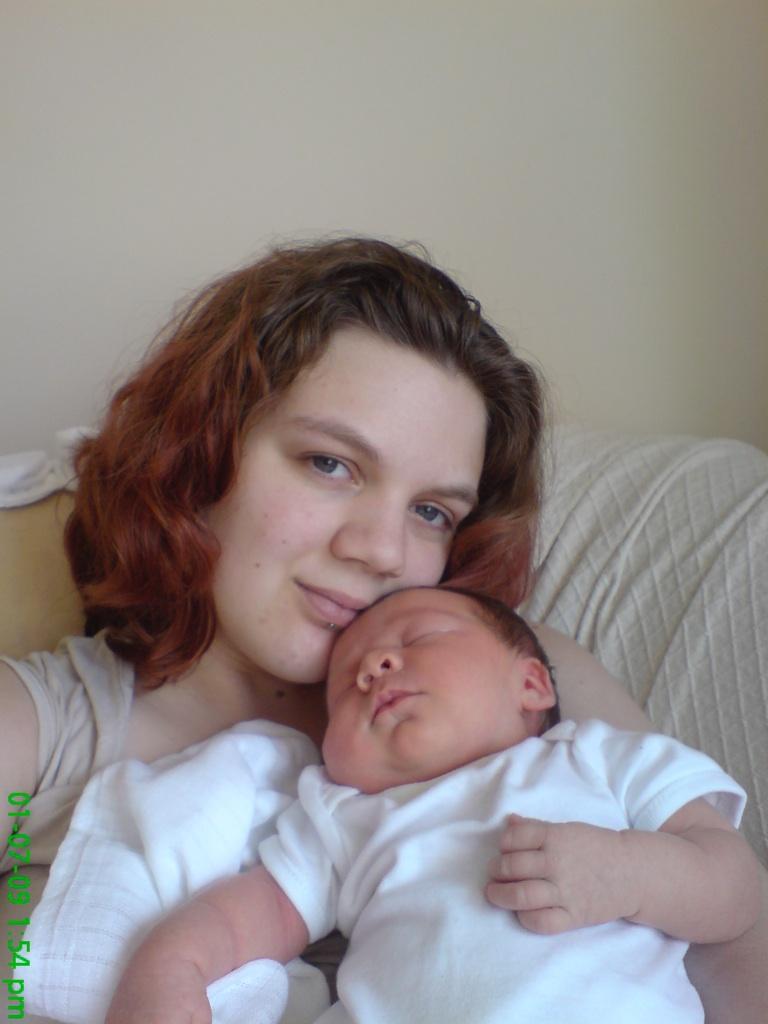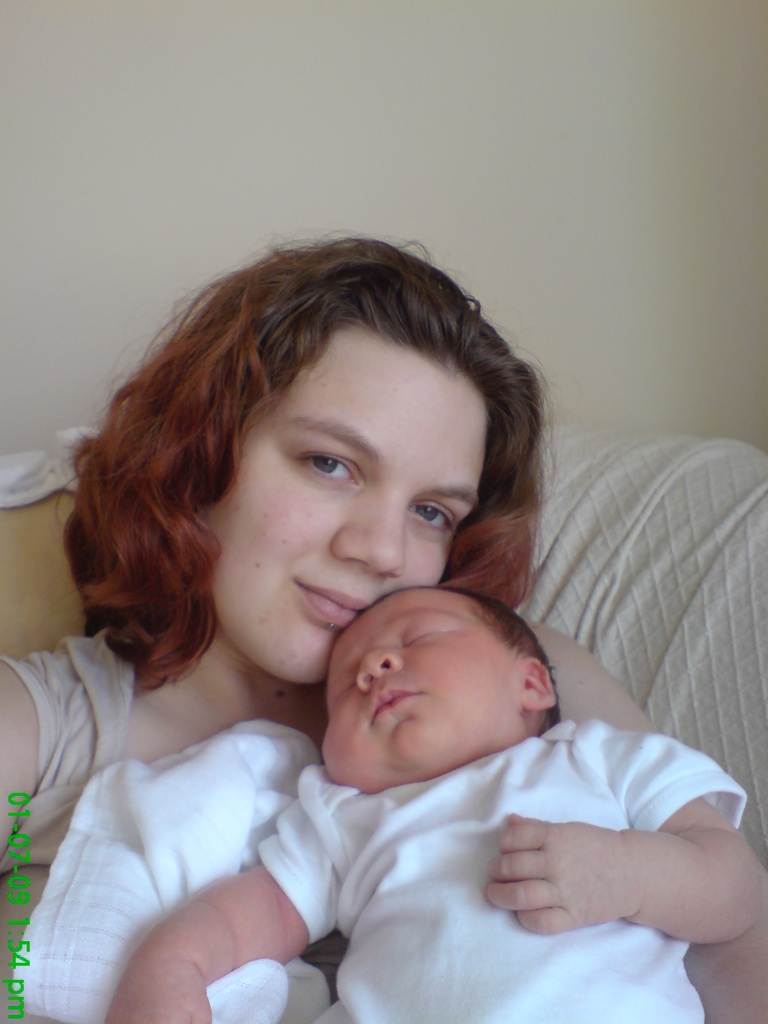Urgent action is needed to support vulnerable new mothers and their babies, a UK leading children’s charity says.
The National Society for the Prevention of Cruelty to Children (NSPCC) is calling on the government to ensure sufficient resources are made available for postnatal provision.
“We appreciate times are tough financially but failing to provide vital support to new mums is a false economy,” Chris Cuthbert, the NSPCC’s head of strategy and development for children under one, said in a statement.
Cuthbert’s remarks come following a recent NSPCC survey, which shows that new mothers are struggling to cope with the emotional demands of motherhood. They need more professional advice before the birth on coping with post-natal challenges.
More than half of mums surveyed expressed feelings of isolation, with no one to turn in the eight weeks after birth.
The online poll also revealed that three-quarters of mothers feel that they were not given enough guidance or support from professional services during pregnancy to help them understand anxiety and post-natal depression. They also wanted advice on coping with sleep deprivation and a crying baby.
Cuthbert said, “The interaction between mother and baby is very powerful and vitally important for a child’s development.”
Yet the survey shows that many mothers are struggling to develop a healthy bond with their baby. Two-fifths admitted getting angry with their baby and one-fifth said they were frequently very upset by their baby’s crying.
“The emotional health and wellbeing of new mothers and their babies is an urgent public health issue,” Cuthbert said.
Cuthbert warns of the effect of stressed new mums on their babies and the troubling social implications. “Damage done at this stage of their lives can prevent them reaching their full potential, which also has a knock-on effect on society as a whole,” he said.
Antenatal education is currently limited primarily to physical aspects, such as the choice of pain relief during labour.
The NSPCC is calling for antenatal education to include the practicalities of caring for a baby and to prepare parents-to-be for the emotional challenges they will face so that they can become the best possible parents.
One mum has taken the brave step of sharing her difficult experience of the early stages of motherhood. Initially, Sophie Prosser, mother to Florence, was happy to hear the news that she was pregnant. “I felt like my world was complete,” she said in a statement.







